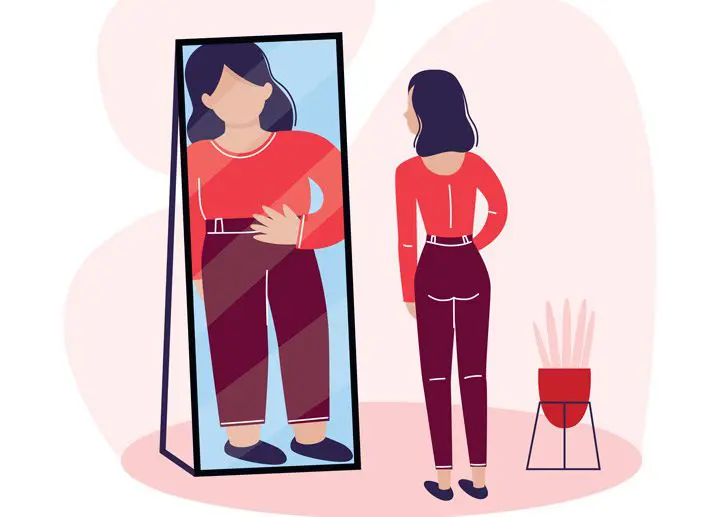Eating Disorders Treatment

Treatment for eating disorders involves a comprehensive approach that addresses both the physical and psychological aspects of the condition. The specific treatment plan will depend on the type and severity of the eating disorder. Here are common components of eating disorder treatment:
- Medical Stabilization:
- If the individual's physical health is compromised due to the eating disorder, medical intervention may be necessary to stabilize vital signs, address nutritional deficiencies, and manage any complications.
- Psychotherapy (Talk Therapy):
- Cognitive Behavioral Therapy (CBT): This is often used to treat eating disorders, helping individuals identify and change unhealthy thought patterns and behaviors related to food, body image, and self-esteem.
- Dialectical Behavioral Therapy (DBT): Particularly useful for individuals with binge eating disorder and bulimia, DBT teaches skills for emotion regulation and distress tolerance.
- Interpersonal Therapy (IPT): Focuses on improving interpersonal relationships and communication, which can contribute to recovery.
- Family-Based Treatment (FBT): Primarily used for adolescents with anorexia nervosa, FBT involves family members in the treatment process to help support and guide the individual's recovery.
- Nutritional Counseling:
- Registered dietitians work with individuals to establish healthy eating patterns, normalize eating behaviors, and develop a balanced meal plan.
- Medication:
- In some cases, medication may be prescribed to address specific symptoms associated with eating disorders, such as depression or anxiety.
- Support Groups:
- Participating in support groups or group therapy sessions can provide a sense of community and understanding among individuals who share similar struggles.
- Hospitalization or Residential Treatment:
- For severe cases where medical complications are significant, or outpatient treatment isn't effective, hospitalization or residential treatment programs may be necessary to provide intensive care and support.
- Mindfulness and Self-Care:
- Techniques like mindfulness meditation can help individuals become more attuned to their body's needs and manage emotional distress without turning to disordered eating behaviors.
- Body Image Therapy:
- Some treatment approaches specifically address body image issues, helping individuals develop a more positive relationship with their bodies.
- Long-Term Aftercare:
- Continued support and monitoring are crucial to prevent relapse. This may involve ongoing therapy, periodic medical check-ups, and relapse prevention strategies.


